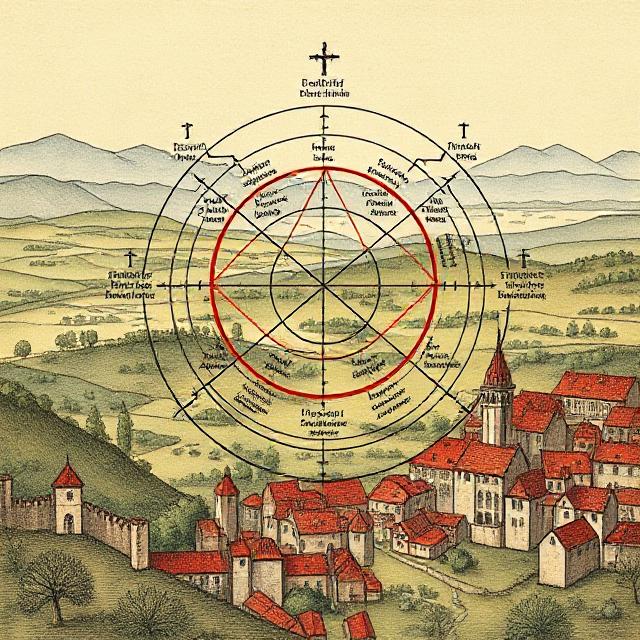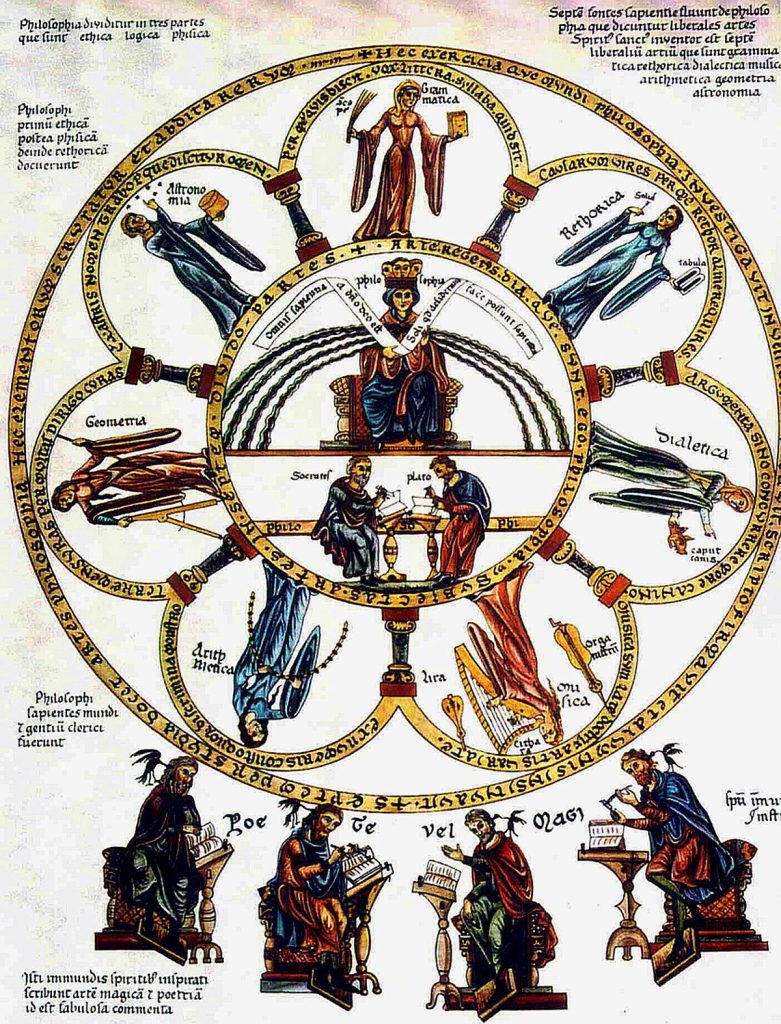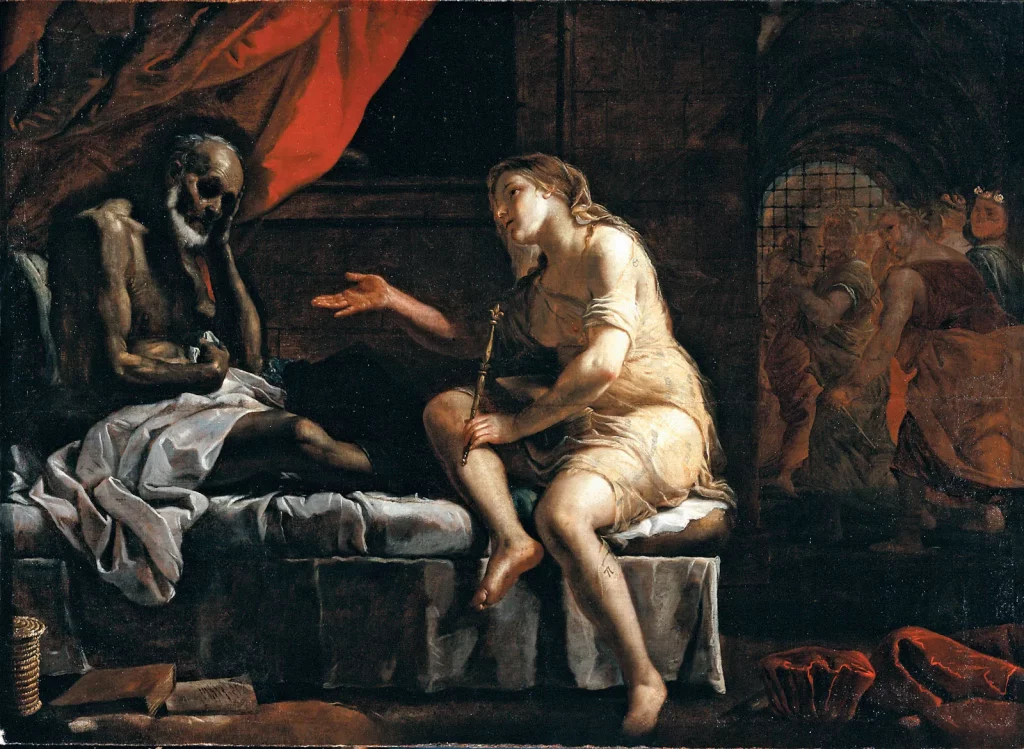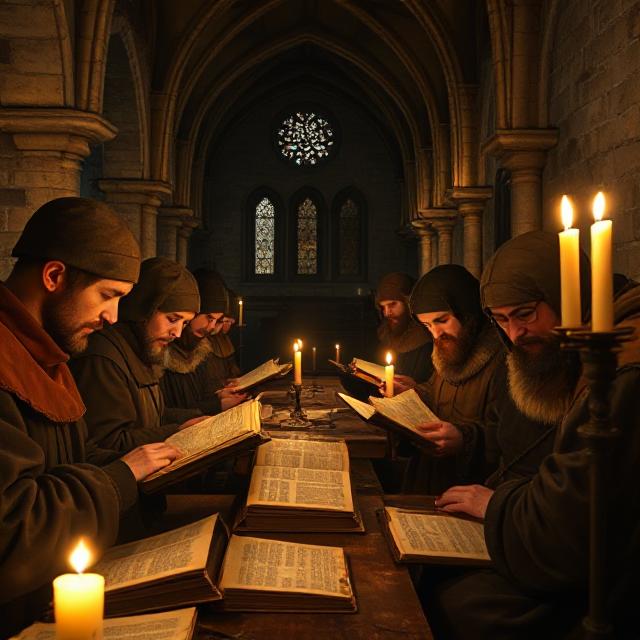
Table of Contents
🏰 Introduction: The Theological Backbone of Medieval Philosophy

Medieval philosophy, spanning from the fall of the Western Roman Empire in the 5th century to the Renaissance in the 13th and 14th centuries, is distinguished by its deep intertwining with theology. Philosophers of this era sought to reconcile faith with reason, often viewing philosophical inquiry as a means to understand divine truths. This unique blend of theological commitment and philosophical rigor set medieval thought apart from its ancient predecessors.Wikipedia
📜 Scholasticism: The Methodology of Faith and Reason
Scholasticism emerged as the dominant intellectual approach in medieval Europe, characterized by its methodical application of reason to theological questions. Scholastics aimed to synthesize Christian doctrine with classical philosophy, particularly that of Aristotle. This approach led to the development of comprehensive systems of thought that addressed metaphysical, ethical, and theological issues. The scholastic method emphasized dialectical reasoning, critical analysis, and the harmonization of seemingly contradictory sources. Wikipedia
🕊️ Augustine: The Christian Philosopher
Saint Augustine of Hippo (354–430) stands as a pivotal figure in medieval philosophy. His works, such as Confessions and The City of God, integrated Christian doctrine with Neoplatonic thought. Augustine’s emphasis on the inner life, the nature of God, and the problem of evil influenced subsequent medieval thinkers. He posited that true knowledge comes from divine illumination and that human reason is limited without the guidance of faith.
⚖️ Aquinas: Synthesis of Faith and Reason
Thomas Aquinas (1225–1274) sought to reconcile faith with reason in a systematic manner. Drawing heavily from Aristotle, Aquinas developed a comprehensive theological framework that addressed issues such as the existence of God, morality, and the nature of the soul. His Summa Theologica remains a cornerstone of Catholic theology. Aquinas argued that reason and revelation are harmonious and that both lead to the same truth. Catholic University of America Press
🧠 Theological Themes in Medieval Metaphysics

Medieval philosophers delved into metaphysical questions with a theological lens. Discussions centered on the nature of being, causality, and existence. The problem of universals, which questions whether abstract concepts have real existence, was a significant topic. Philosophers like Boethius and Anselm contributed to these debates, often intertwining metaphysical inquiry with theological considerations. Philosophy Academy
💭 Ethics and Morality: Divine Command and Natural Law
Ethical discussions in medieval philosophy were deeply rooted in theology. Theological virtues—faith, hope, and charity—were considered essential for moral life. Aquinas introduced the concept of natural law, suggesting that moral principles are accessible through human reason and are part of the divine order. This framework allowed for a rational understanding of ethics while maintaining theological foundations. Natural Law and Conscience
🏛️ The Decline of Theological Dominance

The Renaissance and the rise of humanism brought a shift in intellectual priorities. While theology remained influential, there was a growing emphasis on human reason and empirical observation. Philosophers like Descartes and Bacon challenged the scholastic synthesis of faith and reason, laying the groundwork for modern philosophy. However, the legacy of medieval theological philosophy continues to influence contemporary thought.
🧭 Conclusion: The Enduring Influence of Theological Philosophy

Medieval philosophy’s theological orientation provided a framework for understanding the world that integrated faith with reason. Figures like Augustine and Aquinas exemplified this synthesis, creating philosophical systems that addressed profound questions about existence, morality, and the divine. While modern philosophy has evolved, the theological foundations laid during the medieval period continue to resonate in contemporary discussions.
🔗 Further Reading and Resources
An Introduction to Scholasticism and its Role in Medieval Philosophy
Medieval Philosophers on God: From Augustine to Aquinas
Medieval Philosophy and Theology
